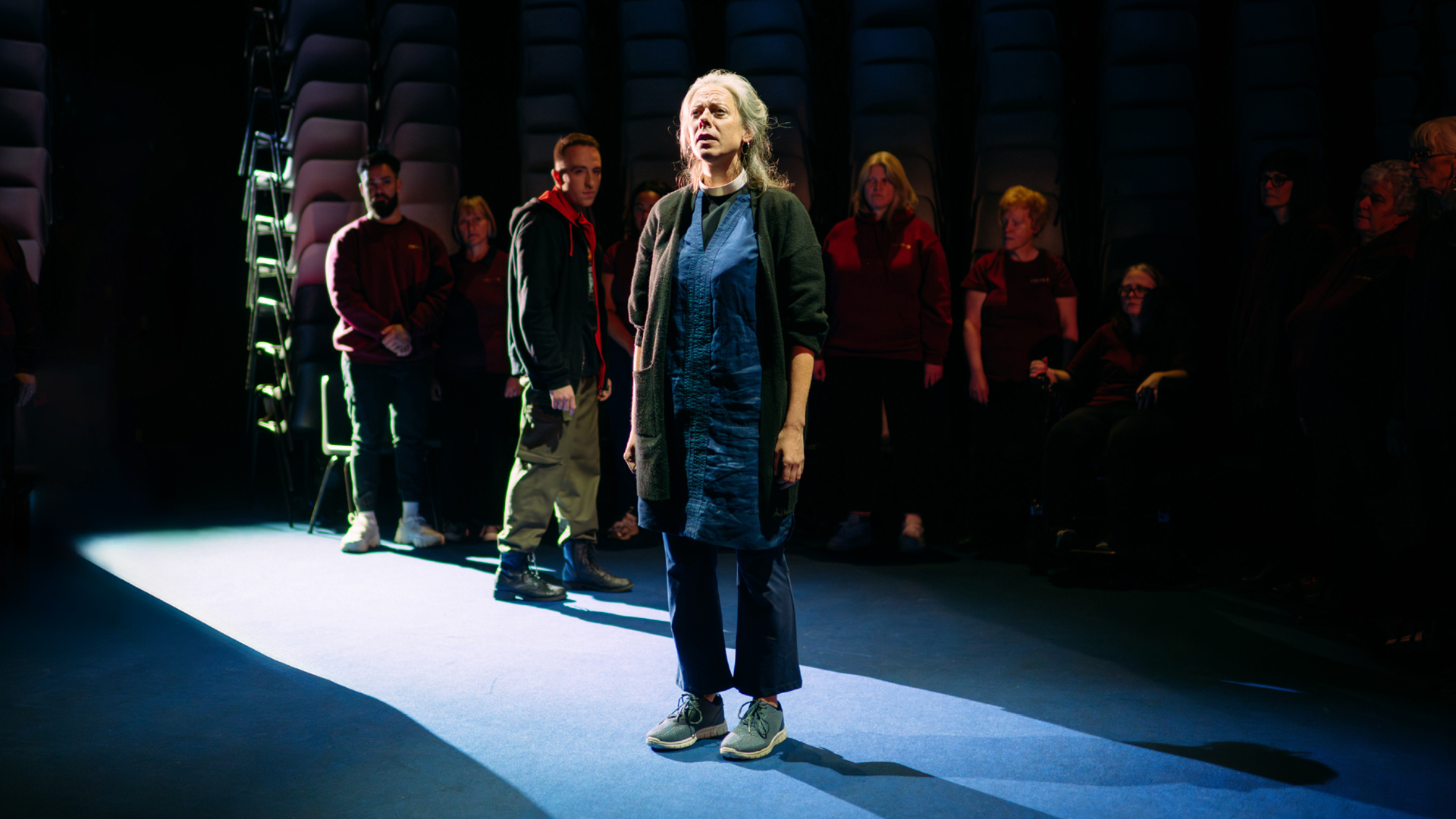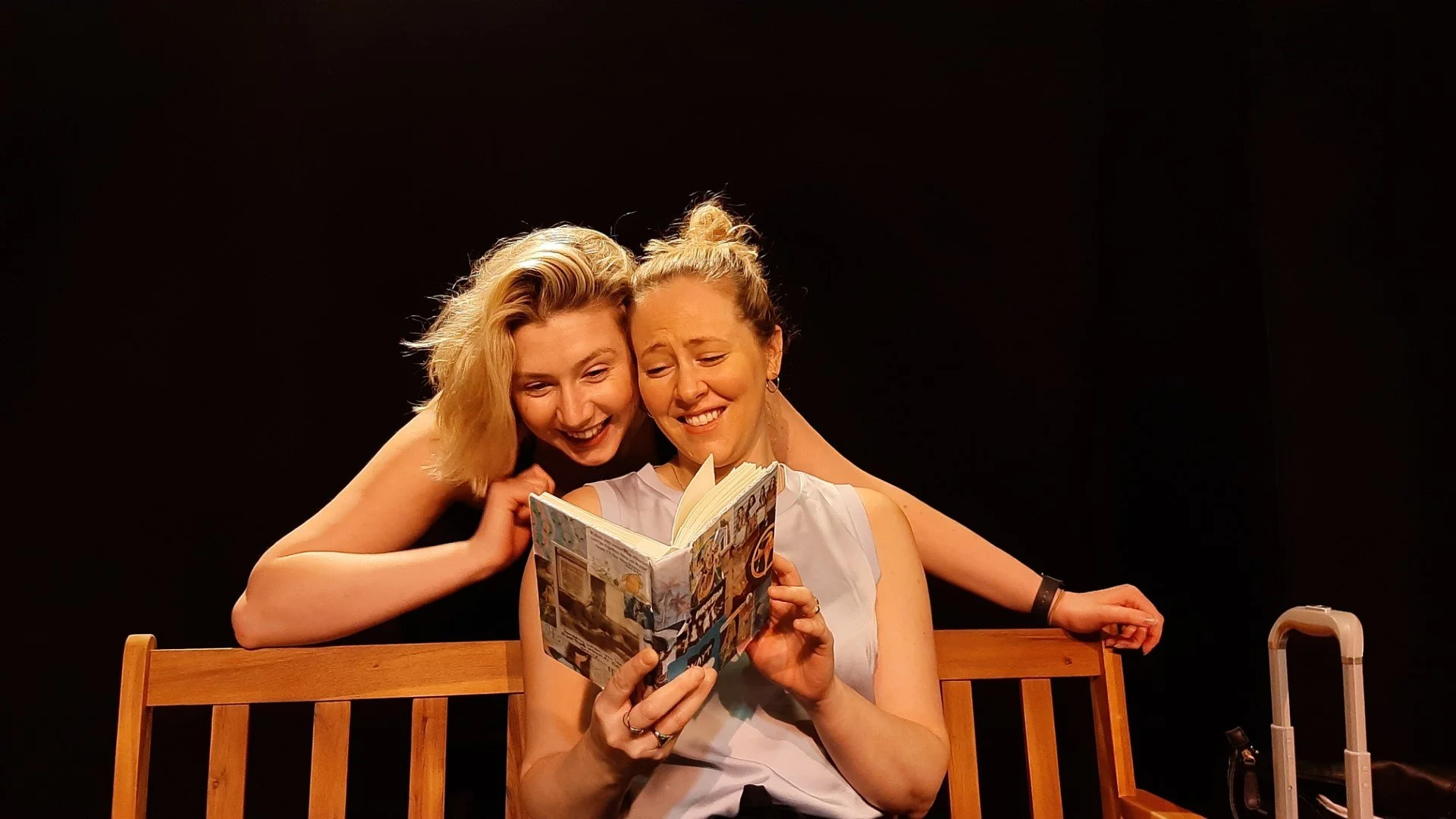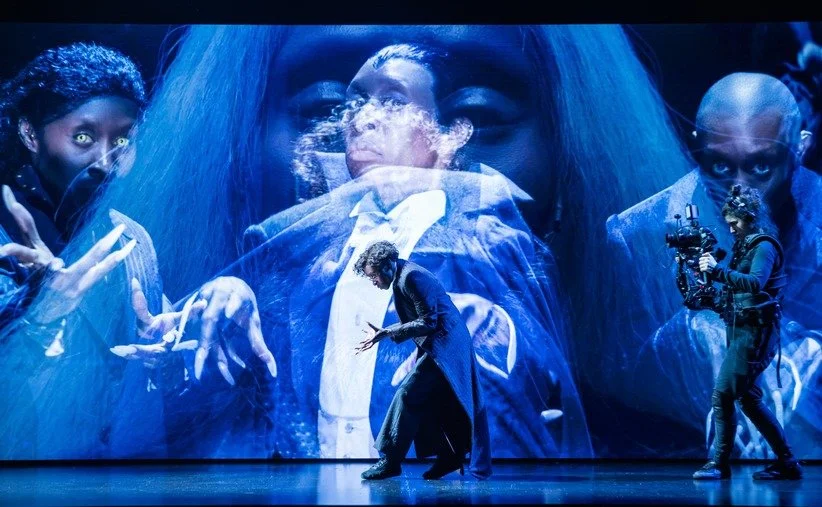Accolade, Richmond Theatre Review
Gavin Fowler (Harold) and Sarah Twomey (Phyllis) in Accolade.Written by Charlotte for Theatre and Tonic.
Disclaimer: Gifted tickets in return for a review. Also please be aware that this review contains a minor plot spoiler.
Off the back of a decently successful National Theatre revival of The Corn is Green in 2022, Welsh playwright Emlyn Williams’ work is back in London with Sean Mathias’s new production of Accolade. Much like Williams’ other works, Accolade features of cast of characters who are all generally messy and unlikeable in their own ways. It follows author Will Trenting (Ayden Callaghan) who has recently been knighted for his contributions to English Literature and whose rise in stature inevitably collides with his inclination toward promiscuous nightlife, leaving his wife and son to cope with the fallout.
Originally written in 1950, it is no surprise that Accolade feels dated in some of its sexual politics. While Mathias is correct to note that its exploration of men in positions of artistic power and their sexual misconduct toward young, vulnerable women feels disturbingly enduring, its positioning of a man who is an undisputed statutory rapist and his enabling wife as the flawed victims of a blackmailing father is a difficult pill to swallow in an age of far greater awareness around sexual violence. While Trenting’s feelings of entrapment by high society put forth interesting ideas around sexual morality and class, they feel overshadowed by the uncomfortable absence of the fourteen-year-old girl at the plot’s core who is made more pawn and villain than those adults who procured her. It is, of course, very likely that this level of unsettling complexity was quite intentional on Williams’ part, asking audiences to contend with difficult questions around culture, responsibility, and collateral damages; but, in 2024, such a piece requires a strong directorial intervention if those questions are to land effectively, and Mathias’s production does not deliver this.
In standard parlour drama fashion, the show is well wrapped in the expected over-decorated set and filled out by some painfully laboured performances. Trenting is somehow both confidently seedy and beaten down by the chains of status, his wife Rona equal parts histrionic and unbothered. The production seems to be at odds with itself, favouring a largely naturalistic staging with randomly added moments of expressive spotlighting and translucent curtains which do little more than beat the emotional pauses to death and extend the already too-long runtime.
Still, when you dig beneath the baggage, there are a handful of moments that keep the evening engaging enough. Sarah Twomey’s raucous portrayal of East-Ender Phyllis draws attention every moment she’s on stage, and Jamie Hogarth’s disarming charm as Trenting’s secretary Albert adds a delightful layer to the play’s explorations of class and loyalty. When the stars align between Williams’ text and the Mathais’s stage, the resulting exchanges deliver some tense blows. It’s a shame, then, that the scenes in between fall decidedly flat. While I would not suggest Accolade is beyond relevance, it seems clear that Mathias didn’t have a strong enough vision to bring it into this century.
At Richmond Theatre until 13 July 2024.
★ ★ ★










